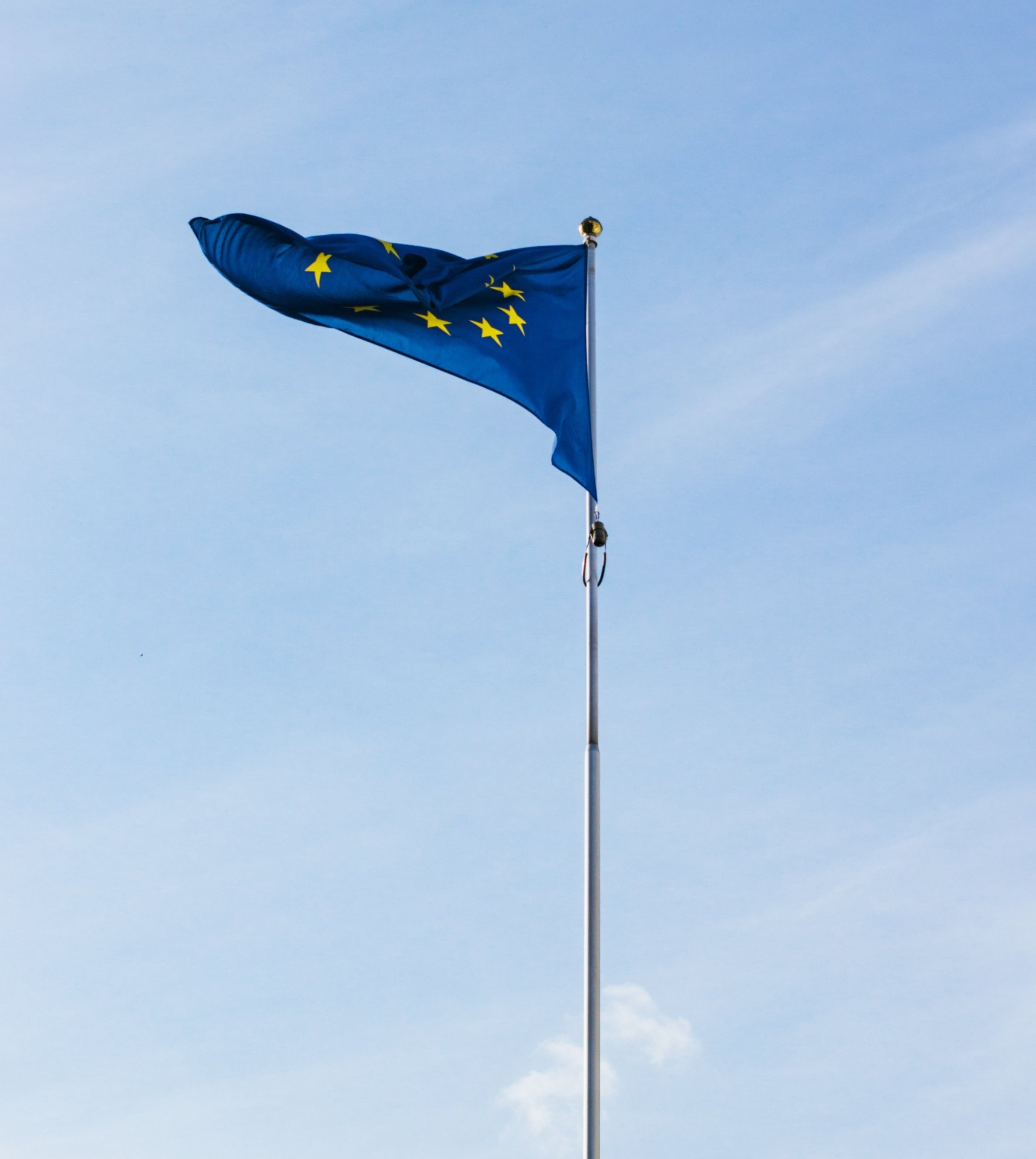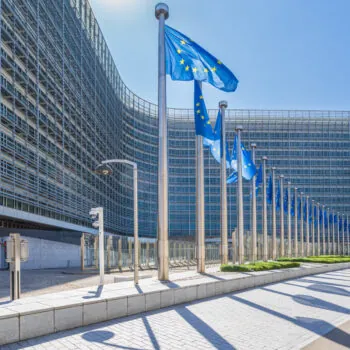On 17-18 July, European heads of states and governments will meet face to face in Brussels for the first time in months. They will negotiate a revamped 2021-27 European budget and a new instrument for economic recovery, “Next Generation EU”.
The resulting deal can put the EU on track to a green and resilient recovery delivering on the European Green Deal vision or, failing that, lock generations to come into an unsustainable future.
The actions of just five different people could make all the difference.
Context
- European legislators are in a race against the clock to agree on the next European budget and European recovery plans. The longer they take to agree, the higher the costs in political credibility, economic uncertainty, and delays in implementation.
- The European Commission issued proposals on May 27 for what they thought was a credible political deal for different parties to shape. Now, a deal is in sight, if not on 17-18 July, then at the next European Council. European Council President Charles Michel is preparing a new “negotiation box” (expected July 9) building on previous failed attempts at reaching a deal.
- The pitch by the Commission shows great ambition in leading a sustainable and resilient recovery, however the actual proposals fall short. The proposals would have the EU borrow money that future generations would have to repay, and invest it without thorough checks on whether it will contribute to Europe’s green and digital transitions.
- European heads of states and governments can turn this around and ensure that the funds not only “do no significant harm”, but also “do good” by investing in the green transition. In particular, European leaders must strengthen the governance of the European budget and recovery funds to ensure cohesion and consistency with the EU’s climate neutrality goal. This can be achieved through effective monitoring, oversight on spending, and rapid course-correction.
The five to watch
Beyond European Council president Charles Michel and European Commission president Ursula Von der Leyen whose jobs are to lead the EU out of this crisis, the future of Europe and its ability to recover better lies in the hands of the following leaders…
European Parliament President David Sassoli
The role of the European Parliament in agreeing the European budget and recovery plan is limited to approving, or vetoing, the European Council’s deal. This confers on the Parliament a reduced formal role in the negotiations, but an immense influence over them.
As representative of the European people and the most ambitious European institution in the fight against climate change, the Parliament can set red lines on what it will simply not accept: a budget lacking democratic oversight where green credentials are impossible to track and improve. Sassoli and the European Parliament can push for a stronger oversight role for Parliament, for example, in assessing national recovery plans. Sassoli should also call for more clarity on the exact governance mechanisms that will ensure consistency and alignment with climate neutrality.
Dutch prime minister Mark Rutte
Mark Rutte and the“frugal four” – Austria, Denmark, the Netherlands and Sweden – will be pushed to compromise on their initial demands to reach a deal. The frugal four leaders will have no chance but to concede and allow for a significant share of the recovery funds to be spent as grants, rather than loans, and for some European debt mutualisation, for the sake of European solidarity.
However, they can still win in their ask for the money to be spent wisely, demanding it goes towards activities contributing the most toward the European recovery, underpinning the EU’s climate, growth, and digital agenda. With his clout and commitment to the fight against climate change, Mark Rutte can require strong and enforceable conditions to ensure member states only receive funding if they produce recovery plans that are also in line with climate neutrality.
Italian prime minister Guiseppe Conte
Hardest hit countries by COVID-19 in the EU, Italy and Spain will be the largest recipients of the EU’s recovery funds. It is in these countries’ direct interest that a deal is reached quickly and Guiseppe Conte is currently preparing the South’s position for the European Council.
They are signalling their ambition to illustrate what a green recovery looks like in their domestic stimulus packages. Beyond this, welcoming strong oversight on spending and criteria to assess the consistency of spending with climate neutrality would be the surest and fastest way to appease the Frugals’ concerns regarding grants and debt mutualisation.
Polish prime minister Mateusz Morawiecki
Poland, traditionally the de facto spokesperson for the Central Eastern European (CEE) region and net beneficiary of EU cohesion funds, would also be the fourth largest recipient of recovery funds. The Polish government’s goal is to find a balance between funds to help CEE catch up economically, and those to deal with the economic impacts of the COVID-19 crisis. Poland will also want to avoid conditionalities put on the rule of law.
Accepting guarantees that funds will be used towards the clean economy transition would help Morawiecki garner goodwill. This would help with other Polish demands and contribute to the development of innovative and sustainable industries in Poland.
German Chancellor Angela Merkel
Angela Merkel is the best person for bringing all these different factions together. She is a frugal at heart, but shifted her position to offer direction to Europe out of this crisis in solidarity with the South. Germany also has strong economic and diplomatic ties with CEE, putting Angela Merkel in the privileged position of finding a joint approach with the region. Brokering a deal that drives a green and resilient recovery, backed by strong governance, could be her parting gift to Europe’s next generations and her European legacy.
What next?
- It is likely that negotiations will not be concluded this time around, in which case another special European Council could be scheduled before the October one. Time is of the essence, and the German EU presidency wants European leaders to agree on another thorny issue in October, the EU’s 2030 climate target.
- Negotiations on the MFF budget and recovery legislation are happening in parallel to the European Council high-level discussions. The Council of the EU and European Parliament will need to agreeon more than 20 distinct pieces of legislation before the end of the year. Now is the chance for the European Council to firmly commit to a green and resilient recovery, backed by a set of governance principles on monitoring, oversight, and regular reviews, to set a clear direction for these upcoming negotiations.
Additional information
Please contact Manon Dufour or Johanna Lehne for more information.
This project has received funding from the LIFE Programme of the European Union.



